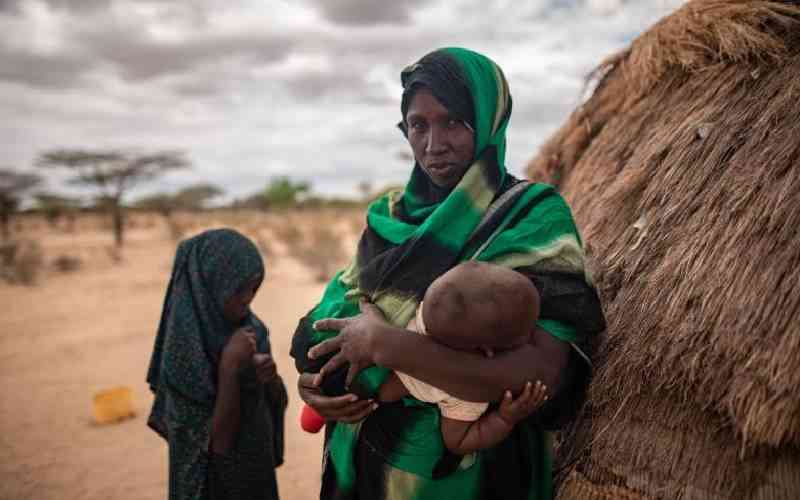×
The Standard e-Paper
Join Thousands Daily

Climate change and climate variability have negatively affected health and healthcare systems, particularly among vulnerable communities.
The changing weather patterns have resulted in an increase in reported cases of water and vector-borne diseases, including malaria and cholera. Additionally, cases of severe and moderate acute malnutrition have been reported.